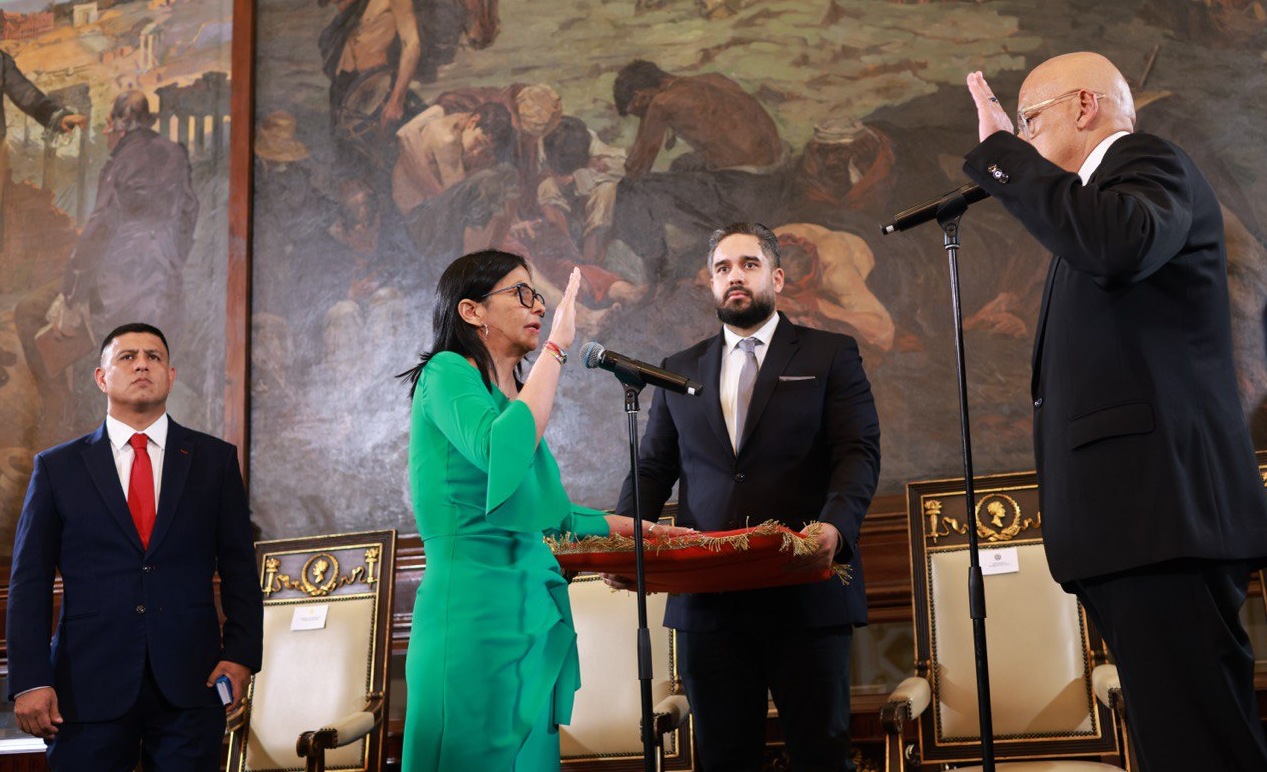Image Source
The 2024 US presidential election is set to reshape the landscape of emerging technology. With artificial intelligence (AI) advancing rapidly, the next president will play a pivotal role in establishing the regulatory framework overseeing one of Silicon Valley’s most groundbreaking innovations. This regulatory approach will significantly impact both businesses and individual users.
Differing Visions
Vice President Kamala Harris and former President Donald Trump present contrasting visions for addressing the challenges posed by emerging technology. If elected, Vice President Harris has pledged to intensify the Biden administration’s efforts to regulate transformative technologies like AI, safeguard citizens from potential risks, and position the United States as a global frontrunner in responsible innovation.
Former President Trump offers a contrasting perspective. He has promised to free the American tech industry from excessive regulation, allowing innovators the liberty to create and compete. Trump has also argued that the Biden administration’s efforts to address the negative aspects of technology have inadvertently strengthened China’s position.
In his farewell address, he asserted that Biden was “afraid” of China and proudly claimed that “we slashed more job-killing regulations than any administration had ever done before.” Amid these contrasting visions, as more consumers seek digital entertainment options, including opportunities to Play Casino Games Online, the regulatory landscape will play a crucial role in shaping the future of technology and innovation.
A New Frontier in AI Governance
AI has become a pivotal issue in the electoral race as its transformative potential and associated risks become more clearly defined. Vice President Harris has emphasized that ensuring AI systems are developed and used responsibly is a key priority.
Building on the initiatives of the Biden administration, she has advocated for increasing federal investments in AI research and development, focusing on projects prioritizing safety, transparency, and accountability.
At the heart of her AI strategy is the expansion of the National Artificial Intelligence Research Resource. This cloud-based platform provides academic and industry researchers access to powerful computing resources and high-quality government datasets.
The Harris campaign contends that democratizing access to the essential components of AI innovation will allow the US to sustain its competitive edge while integrating a wider array of perspectives into the development of the technology.
Harris’s policies on emerging technologies will likely significantly affect both businesses and consumers. Given her record as Vice President and her campaign platform, she is expected to adopt a balanced approach to regulating AI and promoting responsible innovation while addressing safety and ethical concerns.
She is expected to maintain or enhance initiatives such as the Biden-Harris CHIPS and Science Act, which allocates funding for the domestic manufacturing of advanced technologies. Additionally, Harris has emphasized the need for stronger data privacy protections for consumers and may push for tighter regulations on how tech companies collect and use personal information.
To support this agenda, Harris endorsed the Biden administration’s framework for the AI Bill of Rights, which establishes principles designed to protect civil liberties and guarantee that AI systems operate fairly, transparently, and accountably.
She has also stressed the importance of collaborating with allied nations to establish global norms and standards for AI development and deployment, highlighting her involvement in shaping the Bletchley Declaration—a multinational agreement recognizing the risks of AI and committing to mitigating them through coordinated governance frameworks.
In contrast, the Trump campaign has committed to significantly overhauling the Biden administration’s AI regulations, contending that these rules disadvantage American companies compared to their Chinese counterparts.
As a result, tech companies are adjusting their strategies to navigate a potentially turbulent regulatory environment. Industry leaders are reaching out to Trump to rebuild relationships and foster goodwill.
Companies like Apple, Google, and Amazon are actively engaging in diplomatic efforts, with their CEOs opening dialogues with the former president. This outreach reflects their recognition of Trump’s influence and their intention to secure a favorable position in the event of his re-election.
Navigating Crypto and Cybersecurity
The tumultuous events of the past year—ranging from the collapse of the cryptocurrency exchange FTX to a series of cyberattacks linked to foreign governments—have intensified the ongoing debate about how to rigorously regulate the tech industry.
Harris has adopted a balanced position on digital currencies, highlighting the necessity of protecting consumers and combating illicit activities while allowing room for financial innovation. The Biden administration has begun taking steps to regulate the crypto industry, implementing sanctions against crypto firms associated with ransomware attacks and establishing a framework for the responsible development of digital assets.
However, Harris has indicated that she would advocate for more comprehensive measures, potentially supporting legislation that requires crypto exchanges and service providers to register with the government and adhere to anti-money laundering regulations.
In contrast, Trump, who has his cryptocurrency venture and once proposed a “national Bitcoin reserve,” favors a more laissez-faire approach to digital assets. He contends that stringent regulations could push innovation overseas.
In a speech last year, he accused the Biden administration of conducting a war on Bitcoin and pledged to support the industry if elected president. Although his proposal lacked specific details, it suggested a hands-off approach to the sector, with minimal consumer protections or the broader financial system.
Final Words
The 2024 US presidential election is poised to be a turning point for the future of emerging technologies, particularly artificial intelligence, cryptocurrency, and cybersecurity. With the contrasting visions of Vice President Kamala Harris and former President Donald Trump, voters must consider how their choices will influence the regulatory landscape that shapes innovation and consumer protection.
Harris aims to promote responsible governance and accountability in tech development, enhancing safety measures while fostering innovation through increased investment and collaboration. In contrast, Trump advocates for a deregulated environment, arguing that reduced oversight will spur innovation and enhance competitiveness against global rivals like China.








